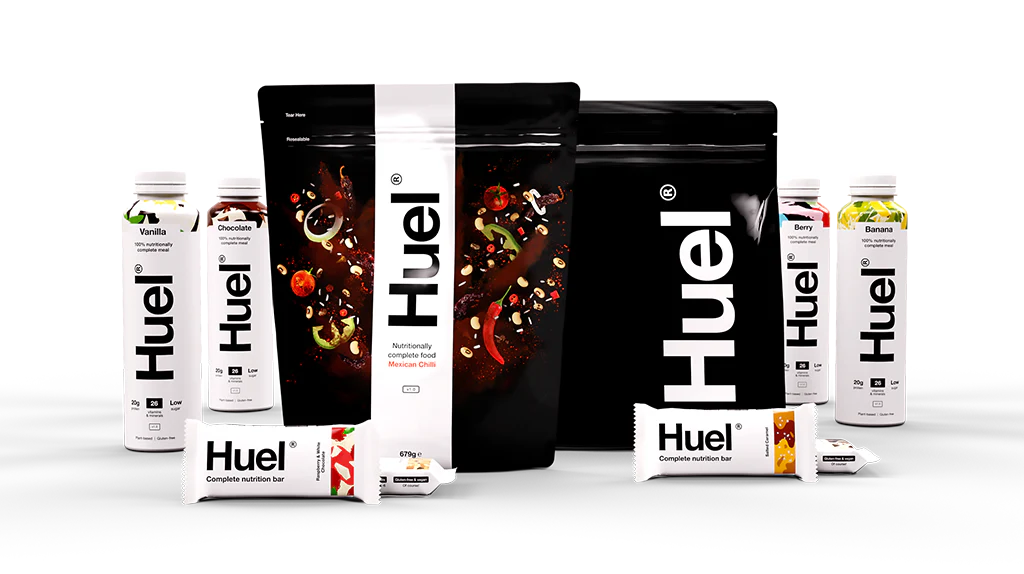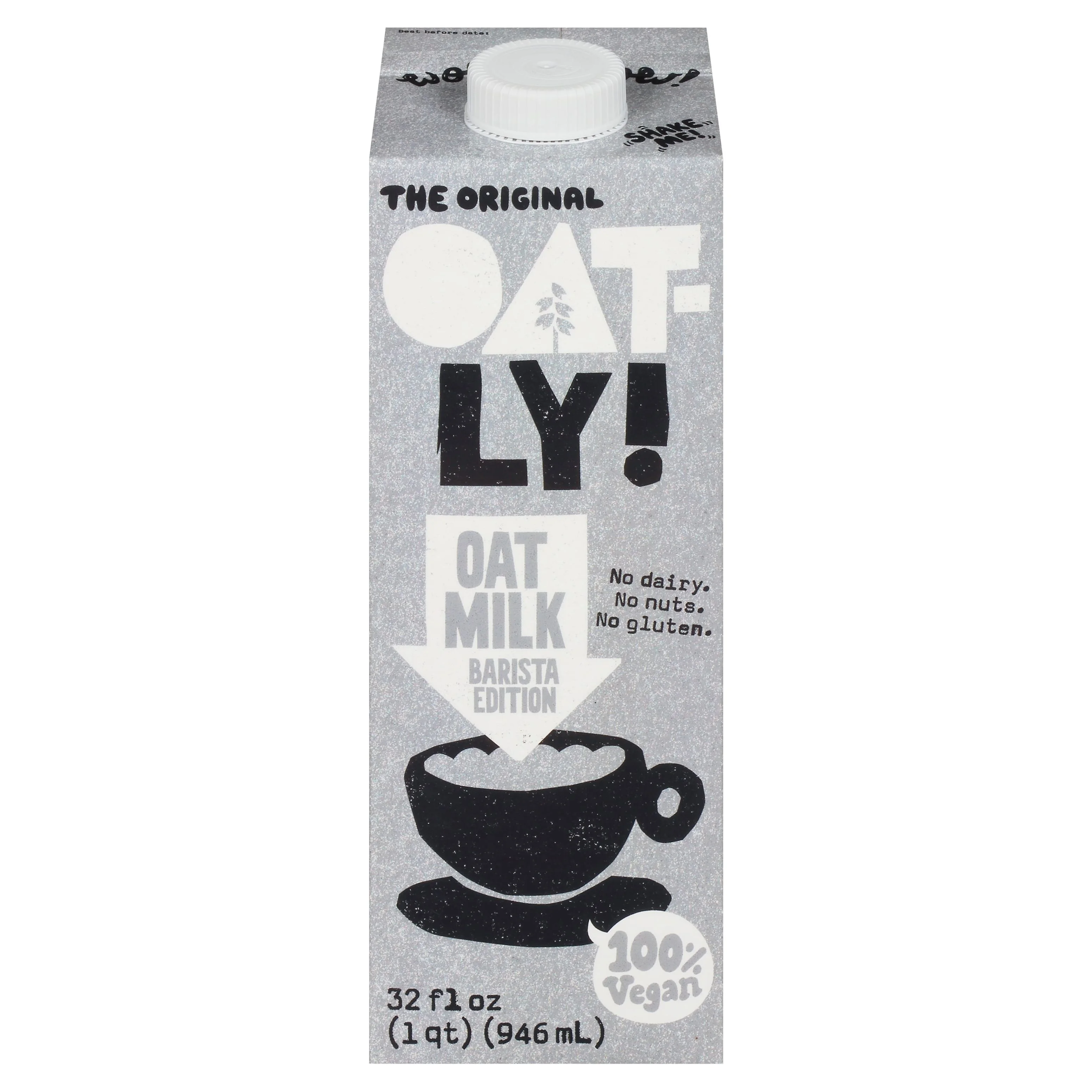PROCESSED FOODS HEALTH IMPACT... What is everyone going on about?
- Elliot Hutchinson

- Mar 16, 2025
- 3 min read
Updated: Mar 18, 2025

I had a somewhat disturbing chat the other day with a friend who has decided to stop enjoying life & instead to abolish all processed food from their diet. It's something lots of people are starting to prick their ears up to, so I thought I would shed some light on the subject for you. Should you be avoiding all processed food? If so, why? If not, what do we need to know?
Let us first define processed food, which falls into the following categories:
Minimally/Unprocessed Foods – These foods have only undergone processing for the sake of safety (e.g. washing, peeling, freezing etc). Includes fresh fruit & veg, raw meat & fish, yoghurts & some dairy, whole grains.
Processed Foods (PF) – These foods have undergone processing to preserve & alter flavour with the use of ingredients such as salt, sugar, preservatives or canning. Includes canned foods, supermarket breads & cheeses, healthy breakfast cereals, processed meats.
Ultra-Processed Foods (UPF) – These foods have undergone extensive changes to their ingredients using fats, salts, chemicals, high-calorie additives & artificial flavourings. Includes confectionary, crisps & biscuits, ready meals, breakfast cereals, mass produced bakery items, sugary drinks, bacon.
That’s a lot of examples, but it doesn’t take a dietician to recognise the negatives in the UPF section. So, as much as it pains me to say, the UPF haters are bang on in their claims of the poor nutritional impact. However, there is a lot to be said in terms of balance, especially in a world in which the big brands attempt to hide the ultra-processed nature of their foods wherever possible. When a carb load is needed for an athlete, most will turn to UPF as the higher calories provide extra energy. It can also be great to replenish stores after intense exercise, but what about when we eat it unknowingly despite not needing the extra calories & poor nutritional content? To give you an example of how hard it can be to spot UPF, here are some examples you might be surprised by. Have a swipe through.
To allow for some enjoyment, balance & unspotted foods slipping through the net, I recommend an 80/20% approach to your diet. 80% unprocessed or PF, 20% UPF. That is quite a liberal approach with a high UPF allowance, so don’t be shocked if you have to go for nearer 90/10% in fat loss periods to avoid those hidden extra calories.
I’ve made this sound very black & white. Somewhat simple, even? But here’s the catch… You aren’t crazy for finding it hard to resist the dairy milk or monster munch. Food brands aren’t just trying to improve the taste of their food when they opt to go down the UPF route, there’s more at play here. The additives in question are designed to be highly addictive. Addictive chemicals, flavour, smell & even sound. There’s an abundance of science & money pumped into tricking our brains into reaching straight back for the dominos, even when we know we shouldn’t. They alter our biochemical relationship with food & lead to addictions just as strong as smoking or drinking. I see this all the time in clients who are struggling to lose weight. Unlike smoking, food is an unavoidable part of human life, so giving it up can be even harder! If this resonates with you, I’ve left a book recommendation by renowned food scientist Dr Chris Van Tulleken below. Generally, they are the foods with the long ingredients lists, full of chemical words you don't recognise.
The takeaway (see what I did there) is, yet again, balance! I have tried to avoid all the figures & sexy science words in this article, but it’s something we may go into in future. For now, I’ll leave you with the following 7 words, as a lesson in perfect human nutrition.
'EAT FOOD. NOT TOO MUCH. MOSTLY PLANTS.' Michael Pollan
Elliot Hutchinson // 16.03.2025
© 2025 The Coaching Collective









Comments